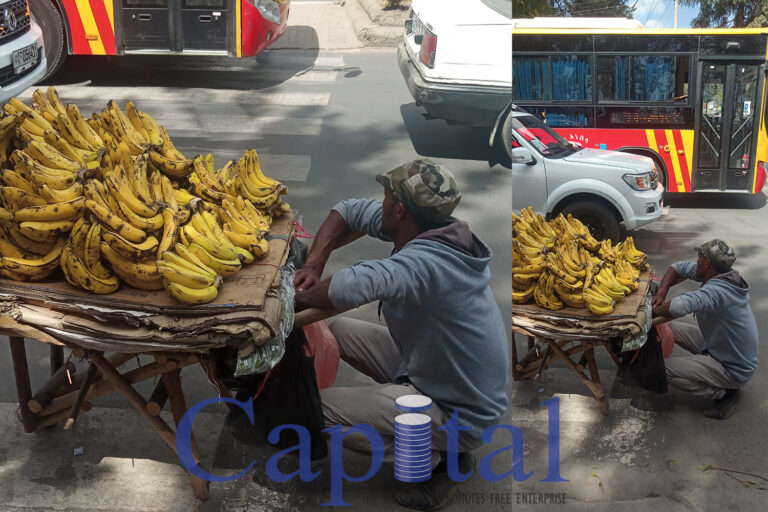UK-Africa investment summit to showcase UK as investment partner of choice for Ethiopia
On 20 January, UK Prime Minister Boris Johnson will host the inaugural UK-Africa Investment Summit in London. The Summit will bring together UK and African business representatives, African leaders and delegations from 21 countries, international institutions and young entrepreneurs. It aims to create new lasting partnerships that will deliver more investment, jobs and growth to benefit people and businesses across Africa and the UK. Ethiopia will be represented by a delegation headed by the Deputy Prime Minister Demeke Mekonnen.
In advance of the Summit, UK Government Ministers have been visiting major African economies to discuss how the UK’s unique blend of world-leading companies, financial institutions and development support can help boost growth across the continent and make the UK the largest G7 investor in Africa.
Ahead of the Summit, International Development Secretary Alok Sharma, who visited Ethiopia last August, said:
“Africa has eight of the 15 fastest growing economies in the world but currently receives less than 4% of foreign direct investment. There are fantastic opportunities for UK businesses to work alongside, invest in and partner with African nations. At the UK – Africa Investment Summit in London we will bring together UK and African businesses, African leaders, international institutions and young entrepreneurs to drive the investment Africa needs to flourish.”
Zimbabwe ready to host & showcase itself at sustainable development forum: Minister
Zimbabwe is ready to host the Sixth Africa Regional Forum on Sustainable Development (ARFSD) that will be held in Victoria Falls from 24 to 27 February under the theme ‘2030-2030: A Decade to Deliver a Transformed and Prosperous Africa through the 2030 Agenda and Agenda 2063.”
This was said by the country’s acting Labour, Public Service and Social Welfare Minister, Sekai Nzenza, at a Press Conference on the forthcoming Forum.
“The Forum gives Zimbabwe an opportunity to showcase itself, especially that the country is really open for business and also what the country can offer in terms of tourism. It is also a great opportunity for the country to establish strategic alliances on SDGs as we continue to reengage with the rest of the world,” said Ms. Nzenza.
She said Zimbabwe is fully committed to the sustainable development goals agenda and the African Union’s Agenda 2063.
“In addition to economic benefits such as revenue inflows which accrue from hosting more than 1,200 delegates, the Forum presents various opportunities for the country such as sharing success stories in the implementation of SDGs in other countries on the continent; leadership at the High Level Political Forum; and marketing our tourism industry,” the Minister said.
For his part, Mr. Sizo Mhlanga, Chief of Sub-Regional Initiatives in the Economic Commission for Africa’s (ECA) Southern Africa Office, said notwithstanding progress in the implementation of the Agendas 2030 and 2063, available assessments showed that most African countries were off track to achieve the SDGs and goals of Agenda 2063 within the set time frame.




